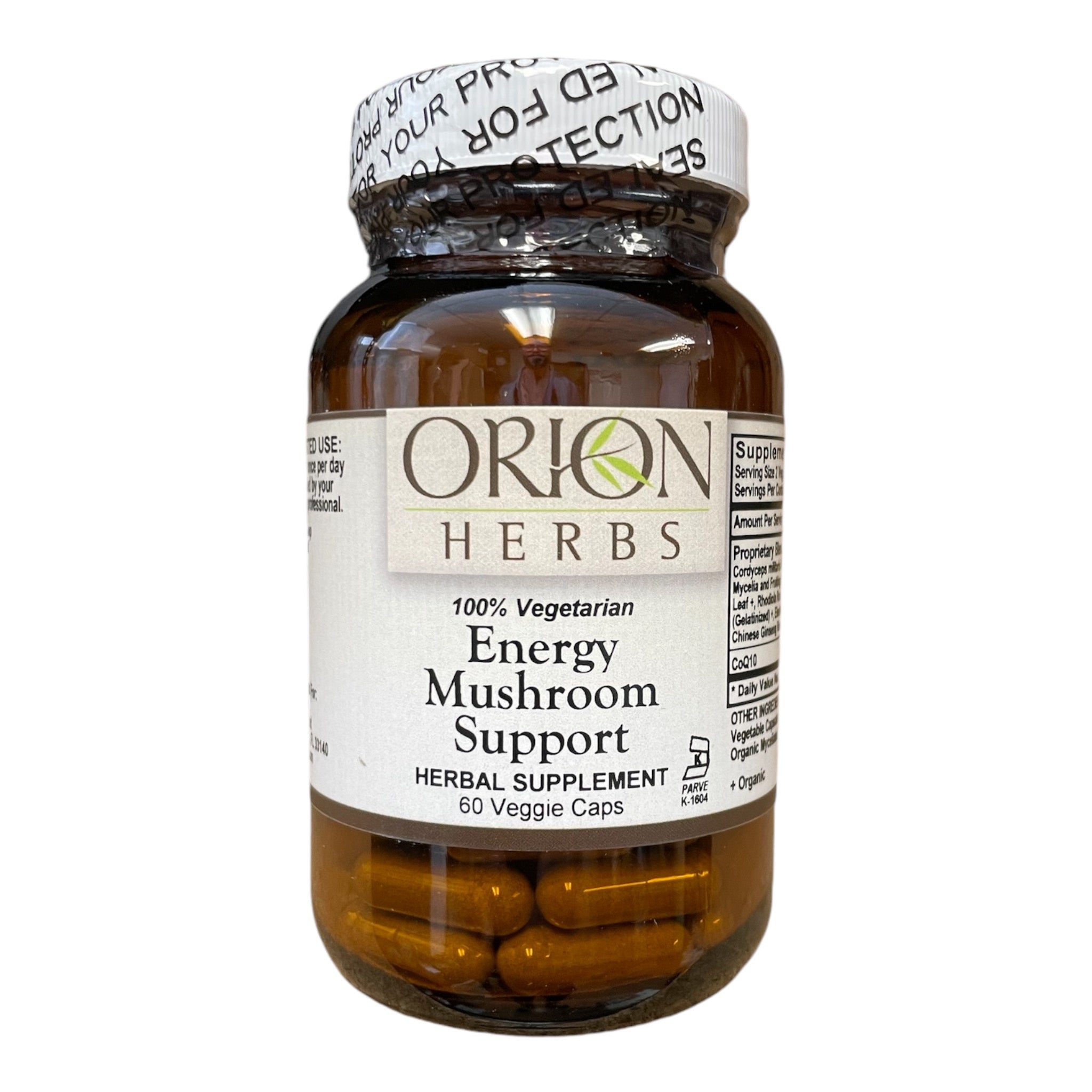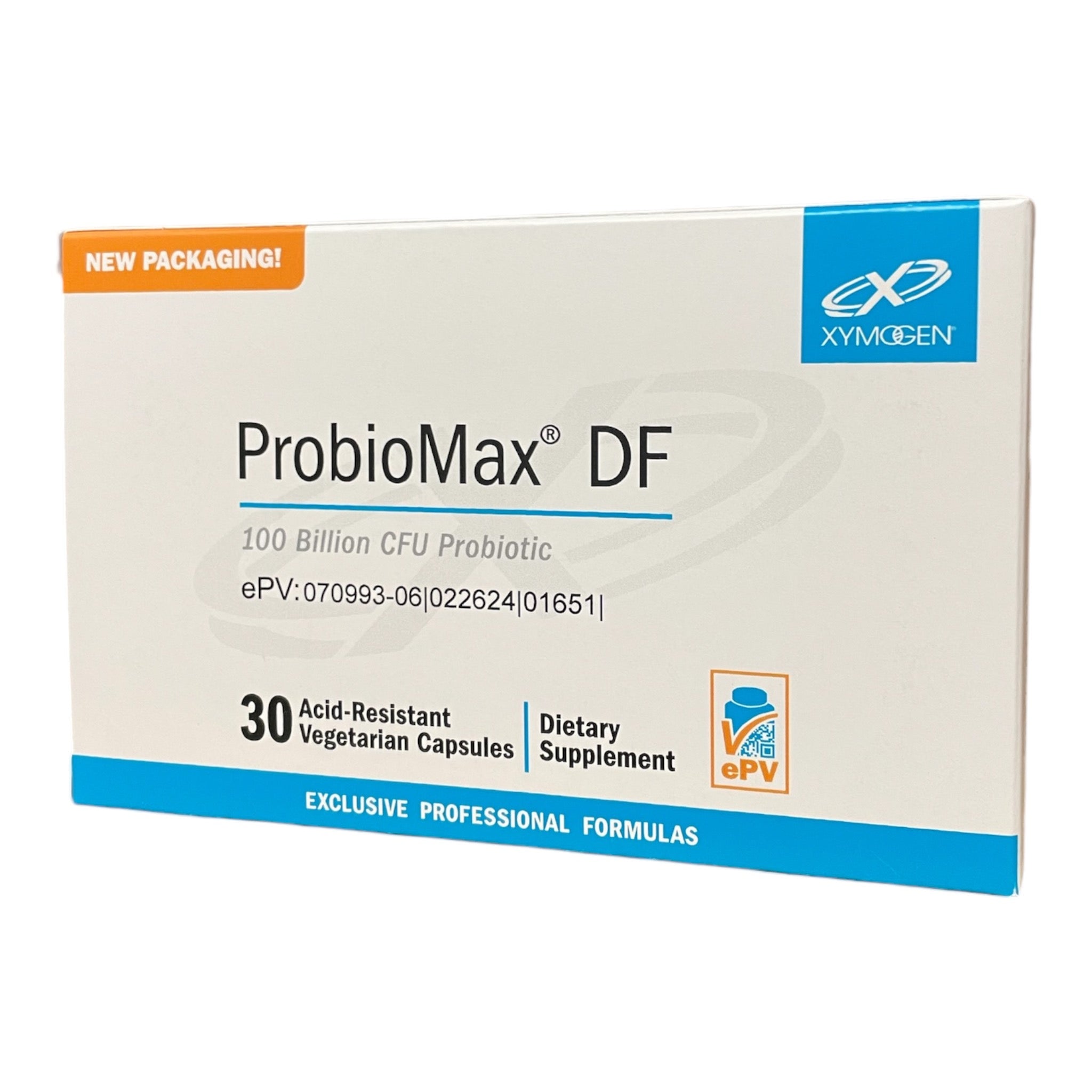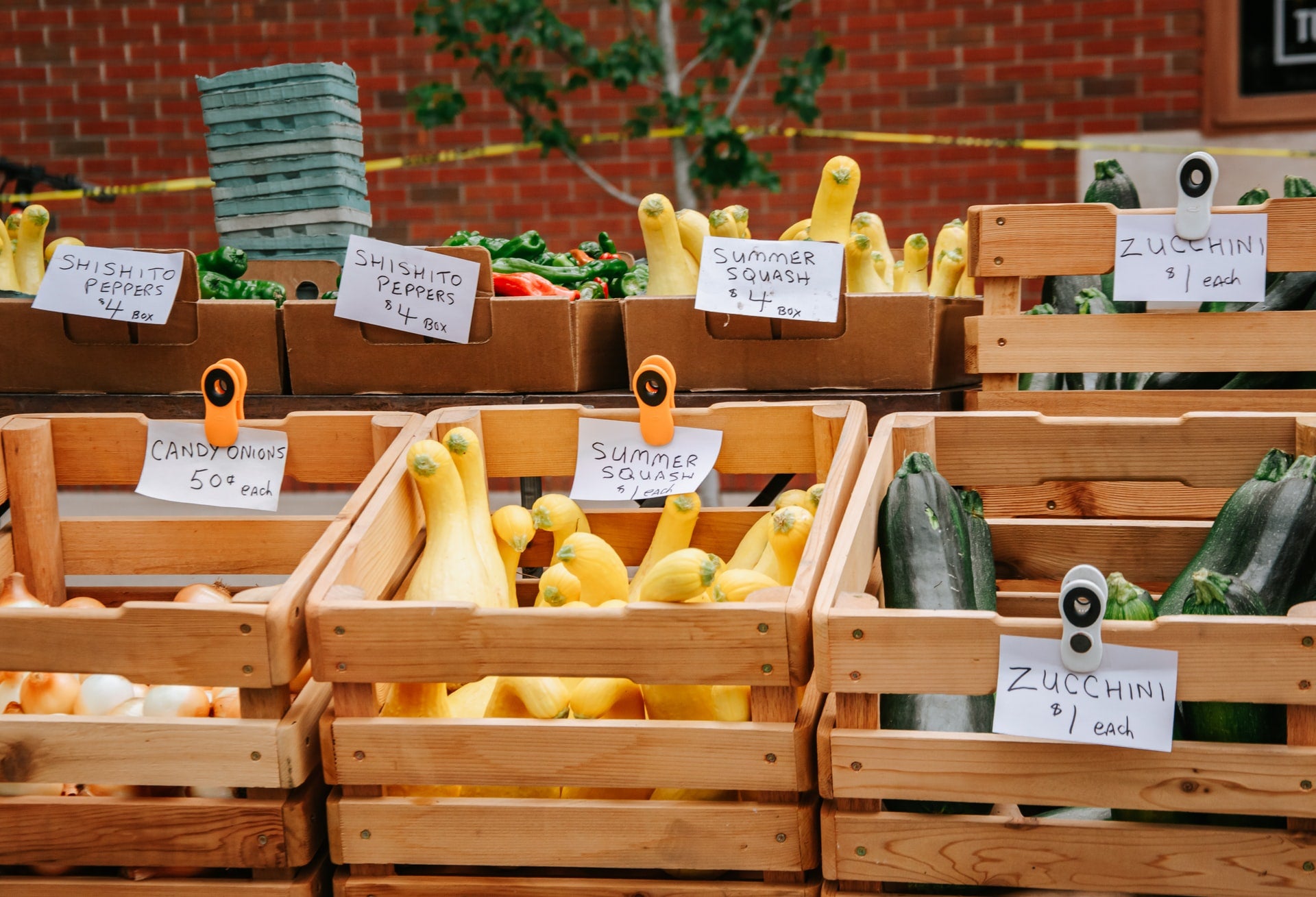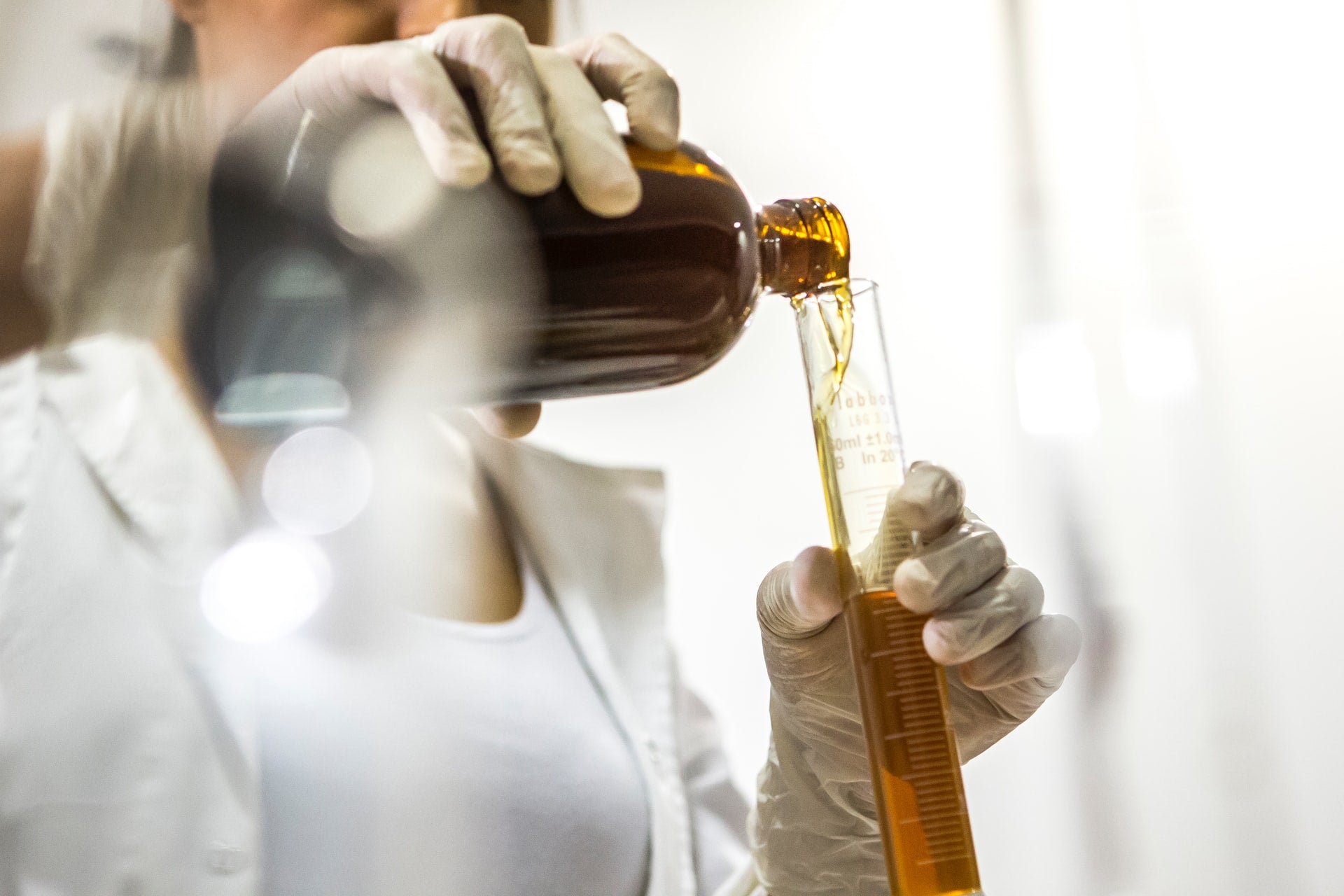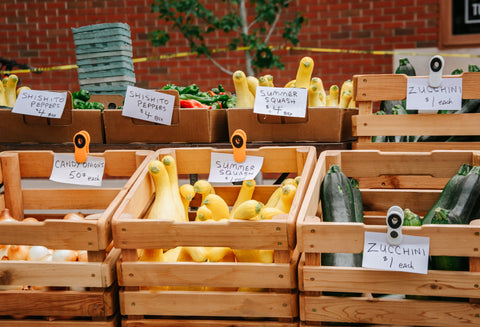
GMO food products and produce are those food products and produce that have been developed using genetic manipulation to change the item’s DNA, or those food products and produce that may be contaminated genetically modified organisms. It’s important to realize that selective breeding and development of livestock and produce is not genetic modification.
Instead, GMO food products are manipulated to survive and thrive in situations that would normally not be good for them. The most common examples are when they are being sprayed with weed killer, or when they are being eaten by insects. When we eat these GMO food products, then, we are ingesting a much higher than normal level of weed killer, or to pesticides that are a part of the plants themselves. As the genetically modified crops enter the food stream, animal products such as meat, milk, and eggs from the animals that eat them can also contain higher levels of weed killer or pesticide.
Common Modification of GMO Food Products
The most common modification to crops is one that makes the crop more resistant to herbicides. The gene that resists herbicides comes from a special herbicide-resistant bacterium. The bacteria gene is removed and inserted into the food crop DNA.
Another common modification to crops is one that incorporates pesticide into the crop so that moths and butterflies that eat the crop die. The pesticide is a toxin produced by another bacterium. The bacteria gene responsible for producing the toxin is removed and inserted into the food crop DNA, and as the crop grows, it produces the toxin.
Additional modifications include genetically engineered hormones (such as rBGH and rBST, the hormones injected into cows to make them produce more milk and survive in unhealthy living conditions), industrial amino acids produced by genetically engineered E. coli bacteria, and modifications to change the nutritional profile of foods.
Avoiding GMO Food Products
The first step to avoiding GMO food products is knowing where they are likely to be. In Europe, all GMO food products must be labeled. In the US and Canada, food products labeled 100% Organic cannot contain genetically modified organisms, however food products not labeled Organic may or may not contain GMO material. Even food products labeled Organic that do not specify that they are 100% Organic may contain up to 30% genetically modified material!
The easiest way to be sure you are never getting GMO food products is to only buy products labeled GMO Free. Failing that, you can still avoid those products that are most likely to have genetically modified organisms in them. Below are a few more tips on how to stay GMO-Free
Avoid less than 100% Organic soybeans, soybean oil, and tofu. Additional soybean-based foods are edamame, miso, tamari sauce, teriyaki sauce, shoyu, and soy sauce. You can also find soybean derived products listed in a processed food’s ingredients under names such as guar gum, hydrolyzed vegetable protein (HVP), lecithin, monodiglyceride, monosodium glutamate (MSG), natural flavoring, natural flavors, textured vegetable protein (TVP), vegetable broth, vegetable gum, vegetable oil, vegetable starch, and vitamin E.
Avoid less than 100% Organic corn, including high fructose corn syrup. You can also find fructose and glucose that are derived from corn, so avoid less than 100% Organic foods that have these ingredients in them.
Avoid less than 100% Organic products that use Canola oil (called Rapeseed oil in Canada) or Cottonseed oil.
Avoid less than 100% Organic products that are sweetened with sugar beets, or any product sweetened with Aspartame (also called AminoSweet).
With regard to milk and cheese, look for products to be labeled as coming from cows that were not treated with genetically engineered bovine hormones (rBGH/rBST). Avoid less than 100% Organic products, as the animals may have been fed GMO corn or alfalfa.
Look for 100% Organic meat or eggs, or beef from cattle that were 100% grass-fed or pasture-fed, since feed-lots tend to feed the cattle GMO grains. Note that eggs labeled “cage free” or “free range” indicate humane living conditions for the chickens, not what the chickens ate.
When purchasing fruits and vegetables with a 5-digit PLU label, purchase those with a label that begins with a 9 (organic), and avoid those with a label that begins with an 8 (genetically modified). Fruits and vegetables with a 4-digit PLU label are conventionally grown, and may or may be contaminated with genetically modified organisms.


